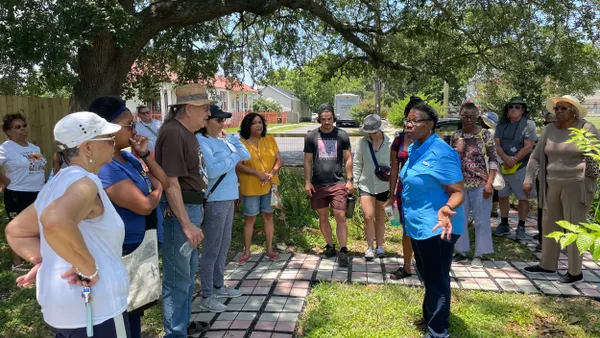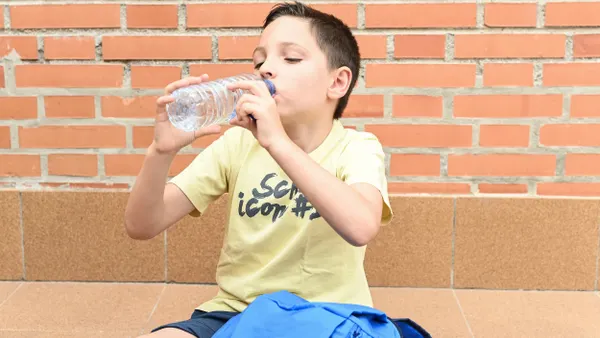Dive Brief:
- The City of Pittsburgh has deployed more than 1,200 smart trash cans as part of an effort to cut costs and improve efficiency in waste collection. The effort could save the city $128,000 per month, adding up to an estimated $1.54 million annually, according to a case study released by waste company Victor Stanley.
- The smart cans have sensors that track how full they are and can alert the city’s Department of Public Works when they need to be emptied. The sensors also help the Victor Stanley Relay management system determine the most efficient routes for collection.
- The project is estimated to halve the amount of time it currently takes to empty containers. According to Matthew Jacob, a project manager in Pittsburgh’s Department of Innovation and Performance, the city estimates it will need just eight garbage collectors per day, down from between 18 and 20.
Dive Insight:
The smart trash can installations began in 2016 in order to reduce an under-the-radar inefficiency. Sending crews to collect cans that were nearly empty ate up labor and fuel for trucks, and also left the city with no insight into how residents were using public trash cans. Now, with more than half of the city’s 2,000 receptacles replaced by the Victor Stanley cans, Jacob said the public works department can be more efficient and responsive.
"The idea is not to get rid of any positions," Jacob told Smart Cities Dive. "It’s to reallocate the other public works tasks."
As an added benefit, the smart cans are supporting Pittsburgh’s ambitious climate change strategy, which seeks to cut greenhouse gas emissions by 50% by 2030, including a 50% reduction in transportation emissions in that time. According to the Victor Stanley case study, the reduced truck driving could save Pittsburgh 19,000 kg of carbon dioxide per month, the equivalent of burning 20,000 pounds of coal. That could be increased as more efficient routes allow the city to downsize its fleet, although those savings could be offset if employees in new tasks are driving.
Other cities — including Baltimore and Washington, DC — have explored smart cans, which also help reduce litter by alerting the city to overflowing garbage cans and eliminating cans in areas where they aren’t used as often. Cities are also exploring the use of routing software, such as the RUBICONSmartCity platform, to optimize waste and recycling collections and curb vehicle emissions.









